In the dynamic world of product design, visual representation plays a crucial role in capturing customer attention. A food container mockup has become an indispensable tool for designers and brands looking to showcase their products in an appealing and realistic manner. Whether you’re developing packaging for a new food product or rebranding an existing one, food container mockups provide a flexible, engaging way to experiment with designs and make compelling presentations.
What is a Container Mockup?
A food container mockup is a digital or physical representation of packaging used for food products. It allows designers and businesses to visualize how their product will appear in the market, helping them make informed decisions about the final packaging. These mockups can include various types of containers such as boxes, jars, cans, or bags, all tailored to fit the specific food item being marketed.
Using mockups gives designers a chance to see the complete picture of their design before moving on to expensive production processes. They can easily adjust colors, logos, text, and other design elements, ensuring that the packaging resonates with their target audience.
Plastic Food Container Mockup
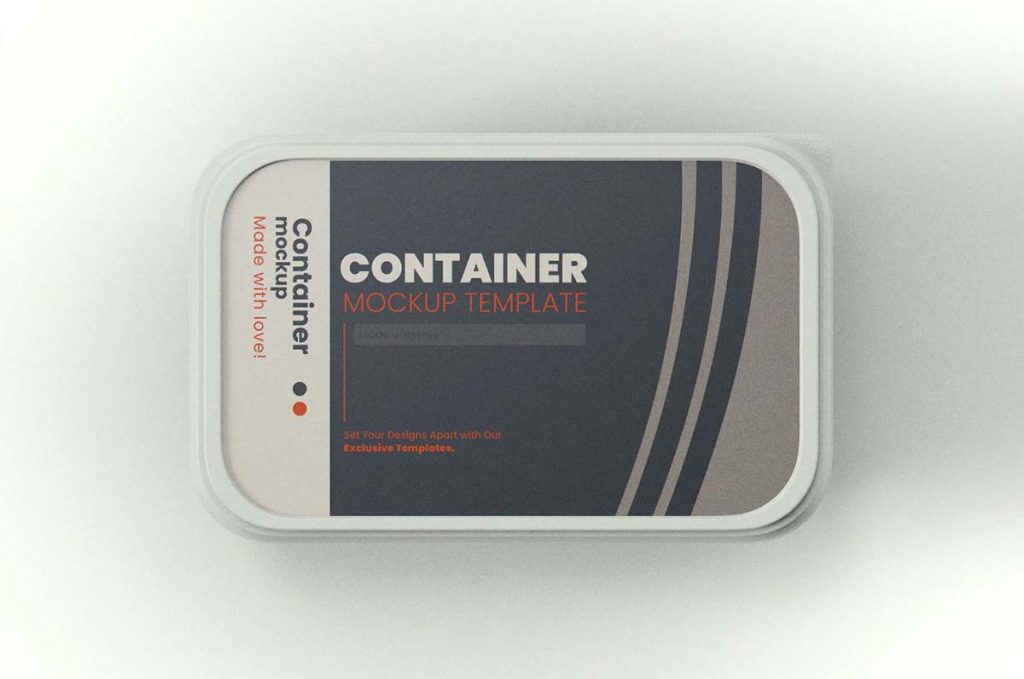
Transparent Container Mockup
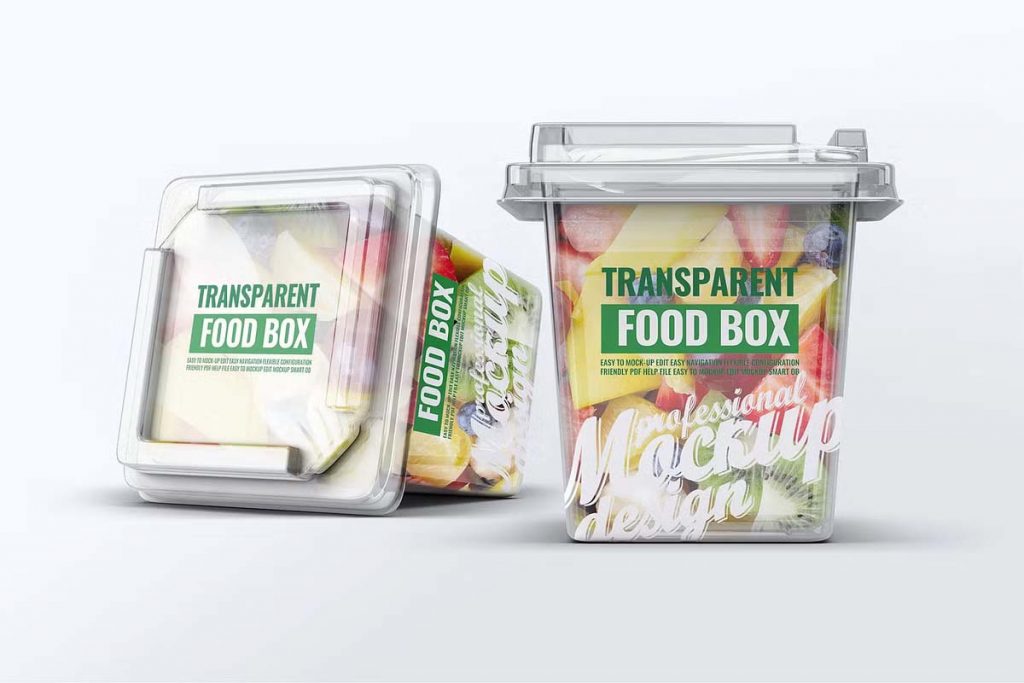
Food Container Mockup
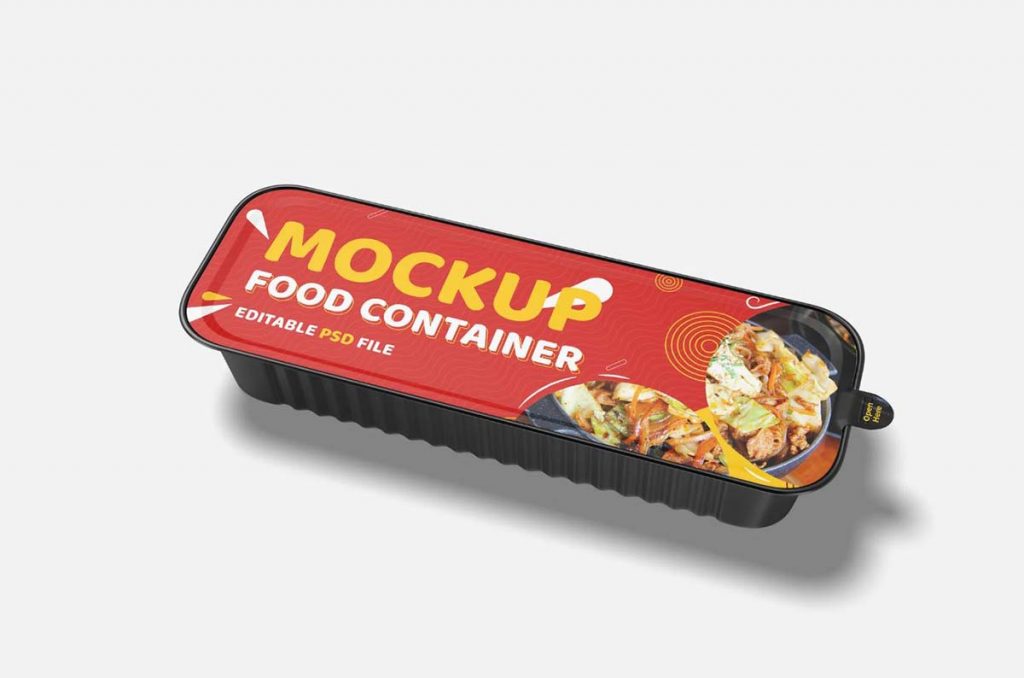
Plastic Food Tray MockUp
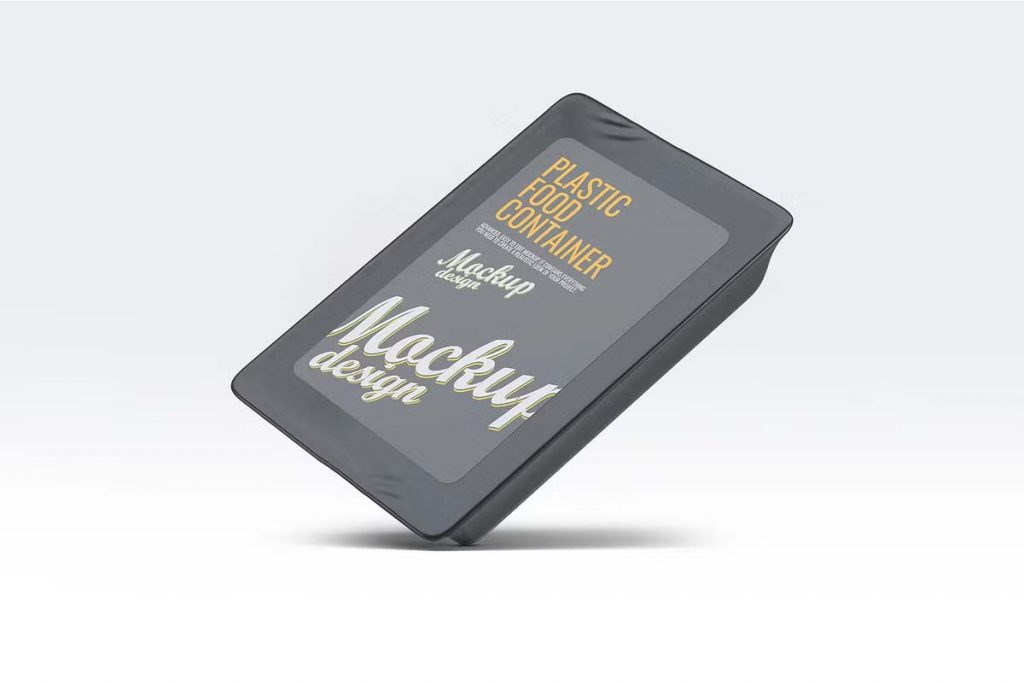
Food Takeaway Box Mockup
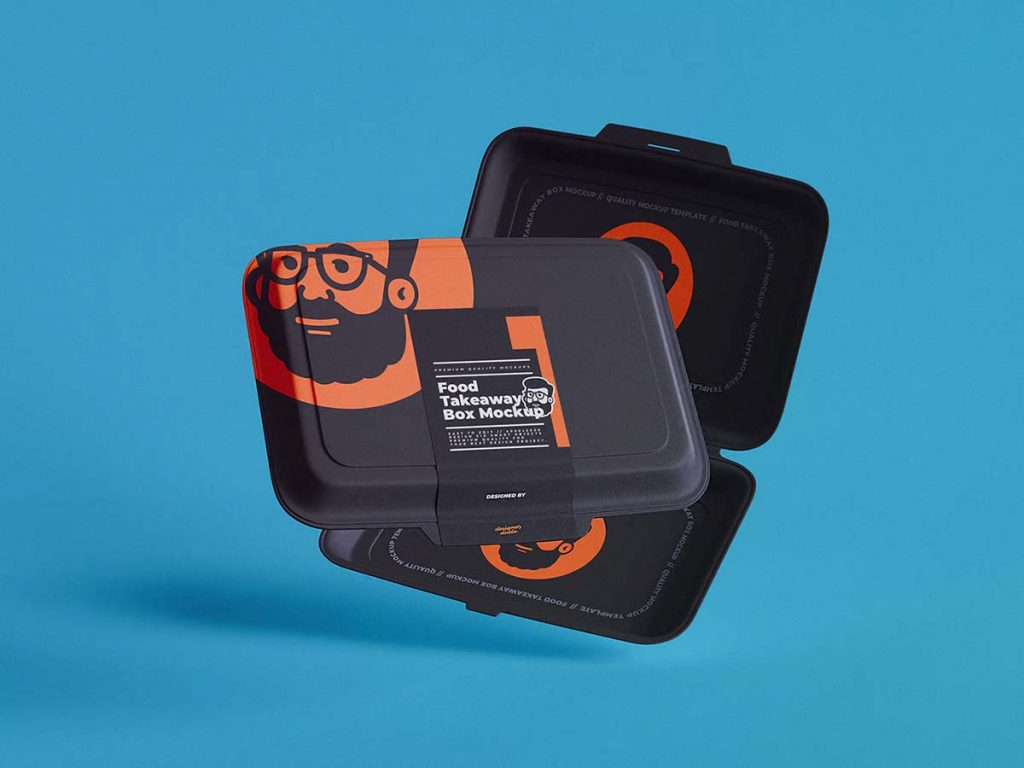
Food Container Sleeve Package Mockup
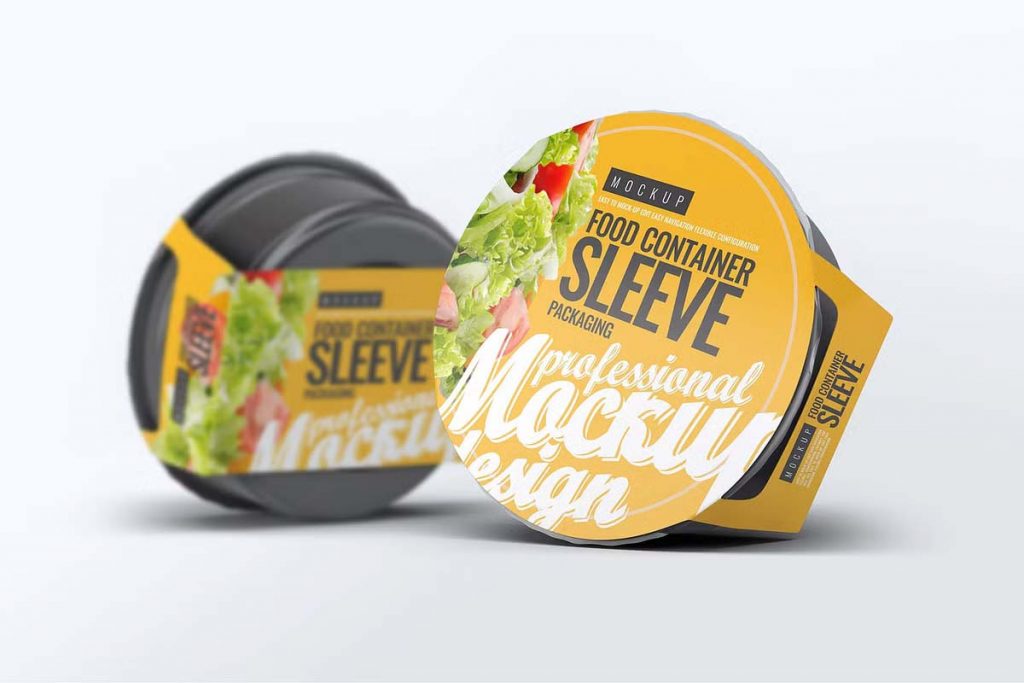
Food Packaging Box Mockup
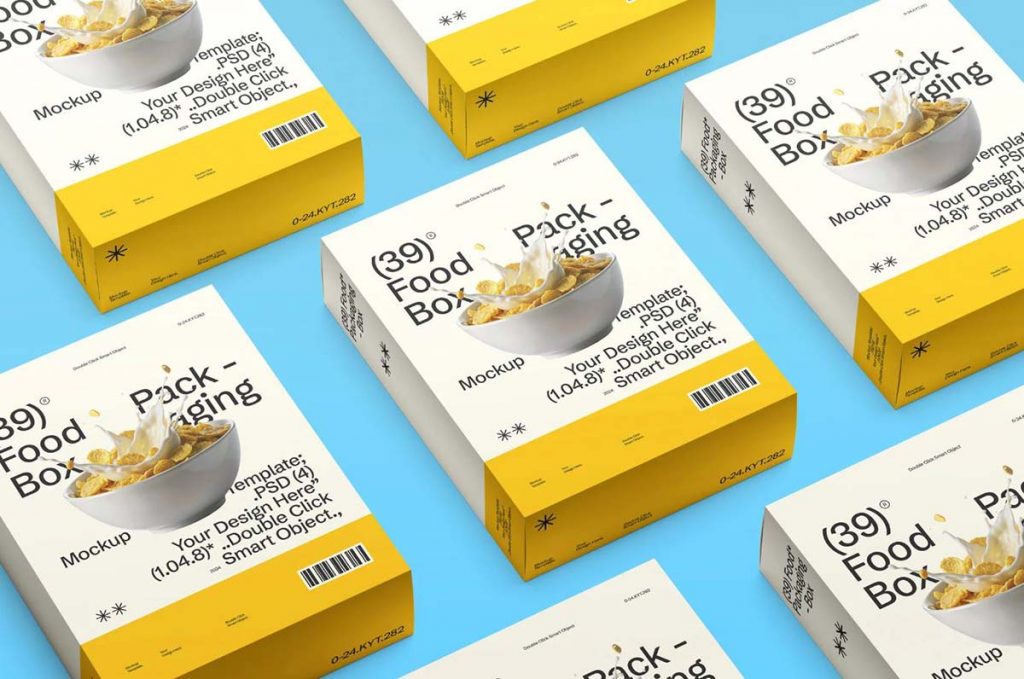
Instant Food Packages MockUp Bundle
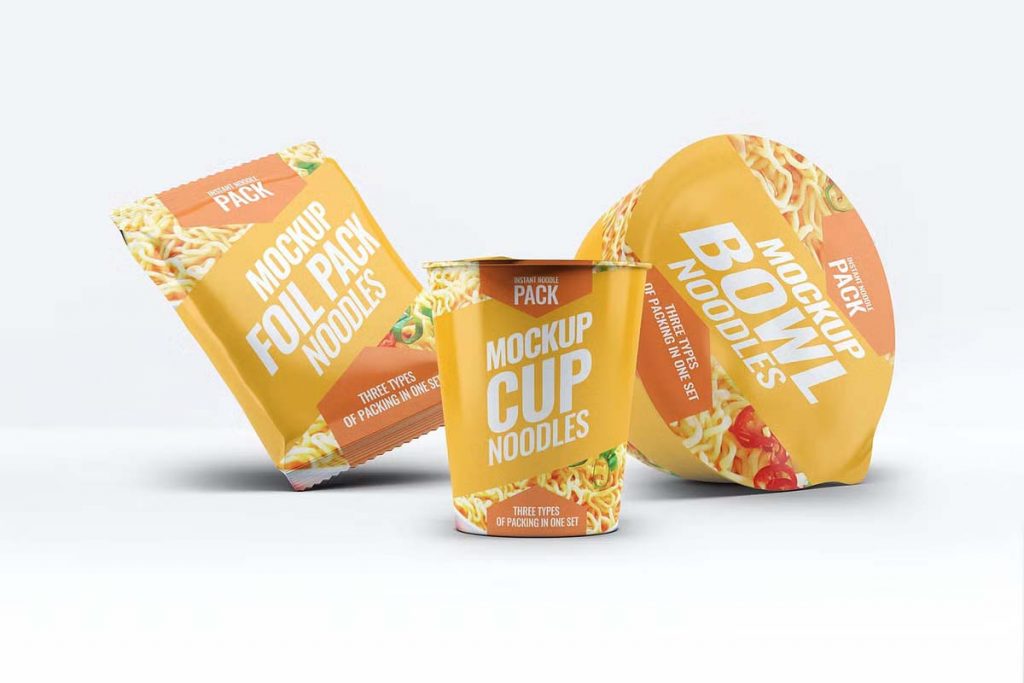
Take-Away Food Box Packaging Mockup
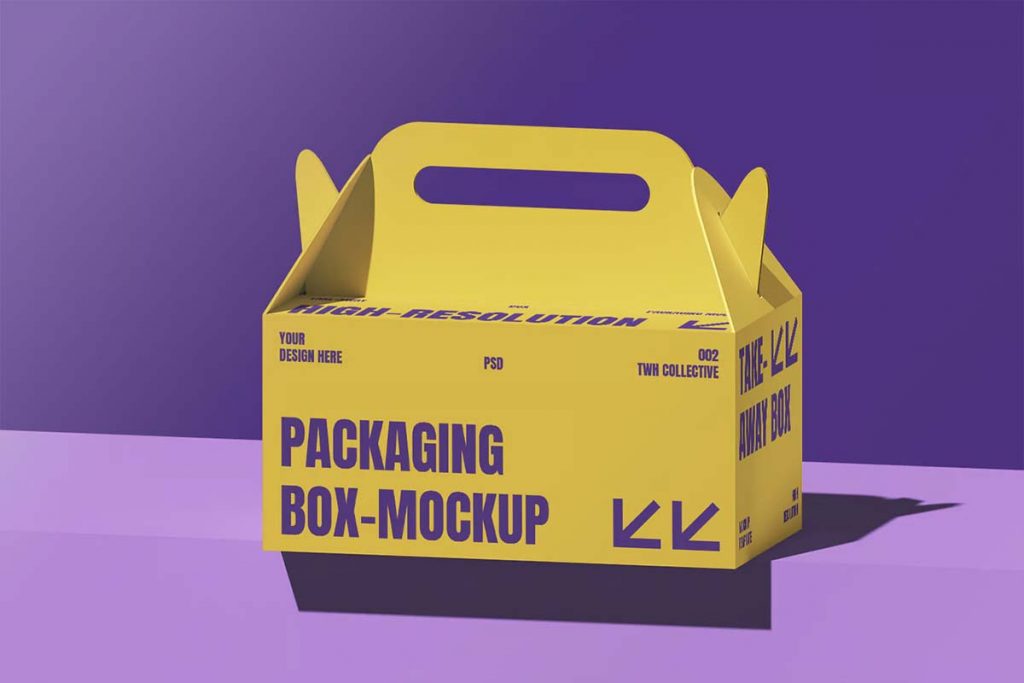
Food Container Mockup Collection
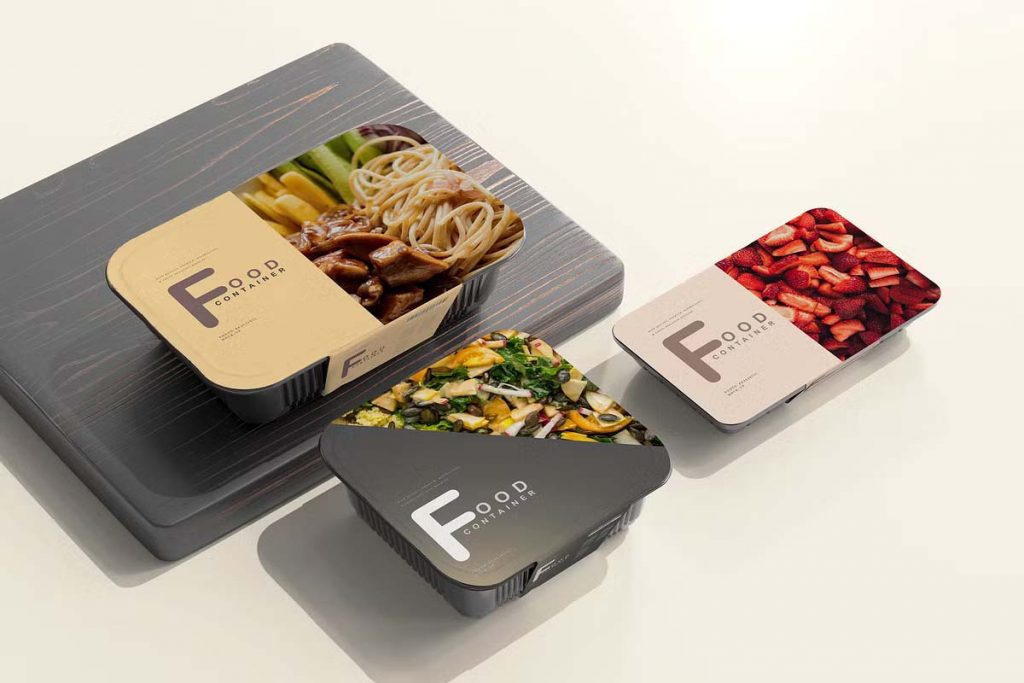
Aluminium Food Container Mockup
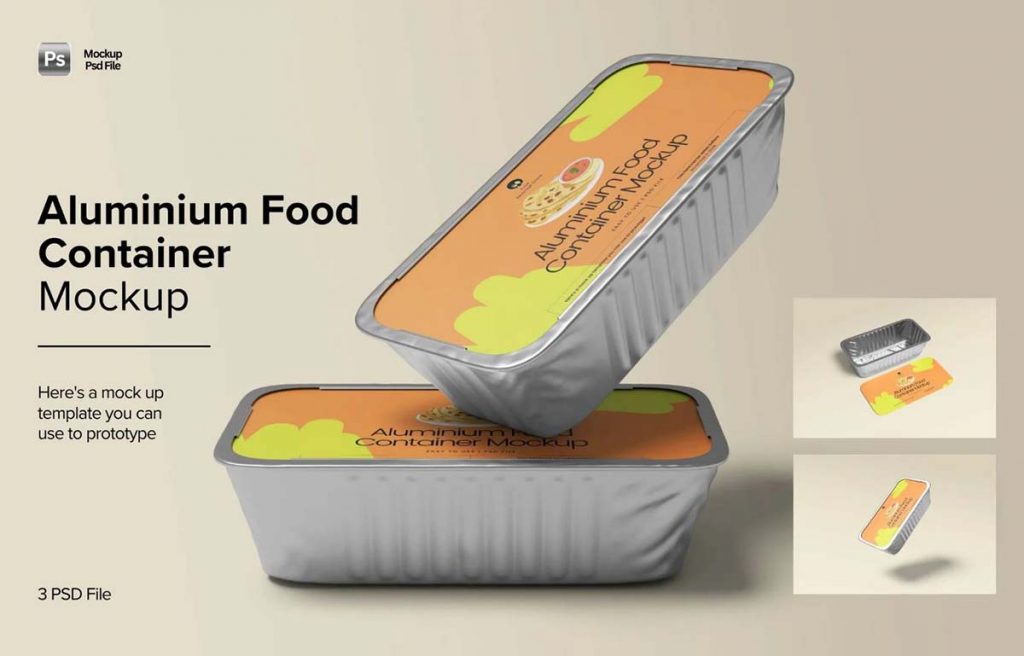
Plastic Food Container Box Mockup
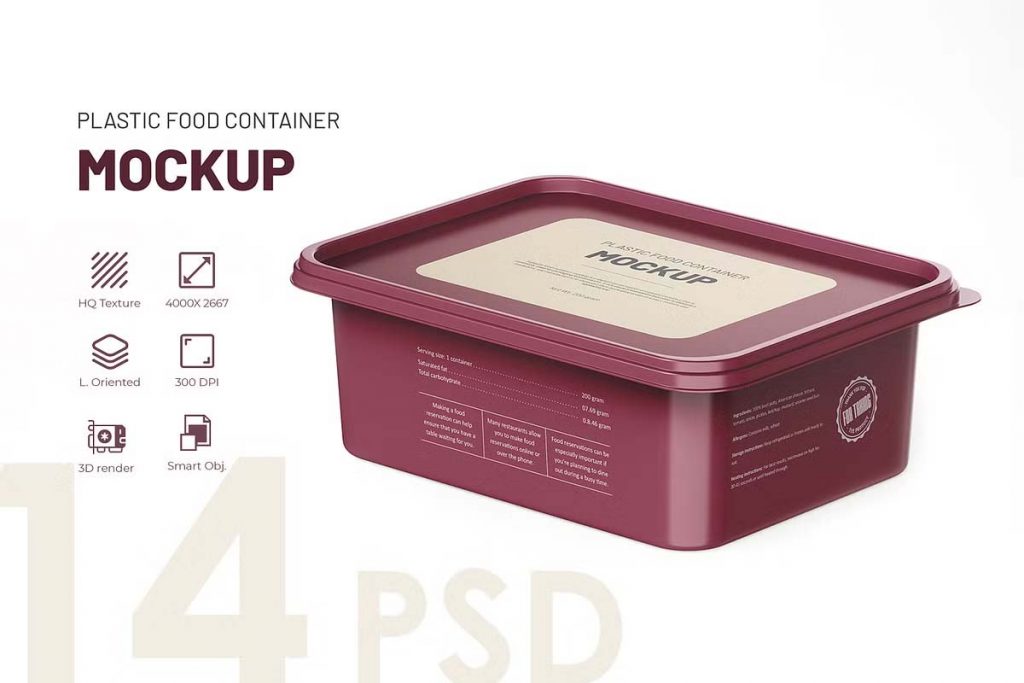
Food Box Mockup
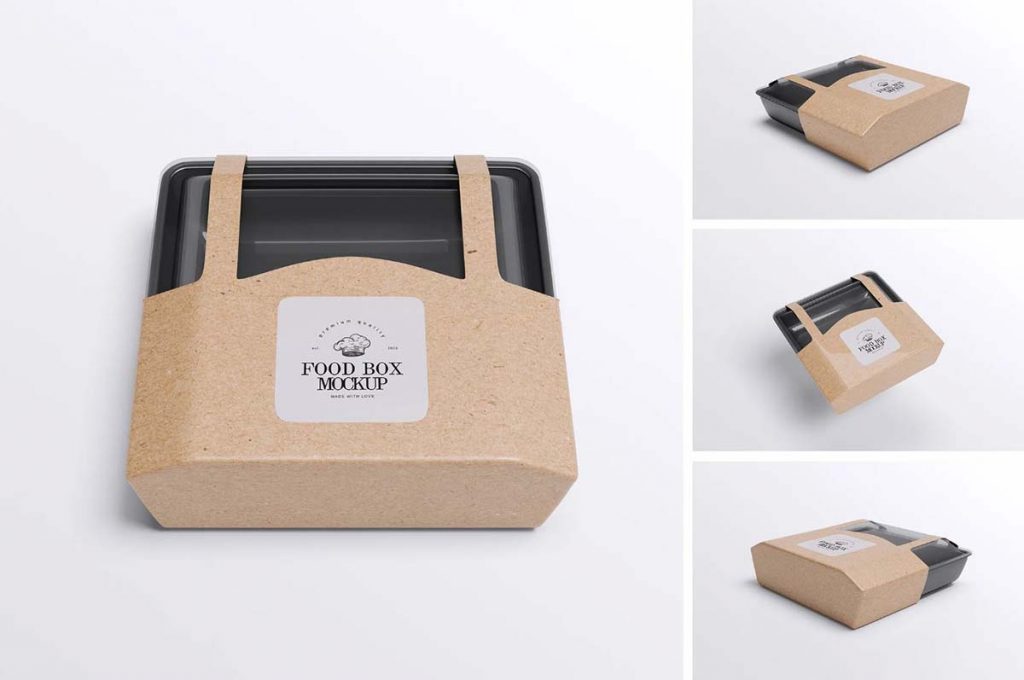
Plastic Food Container Mockup
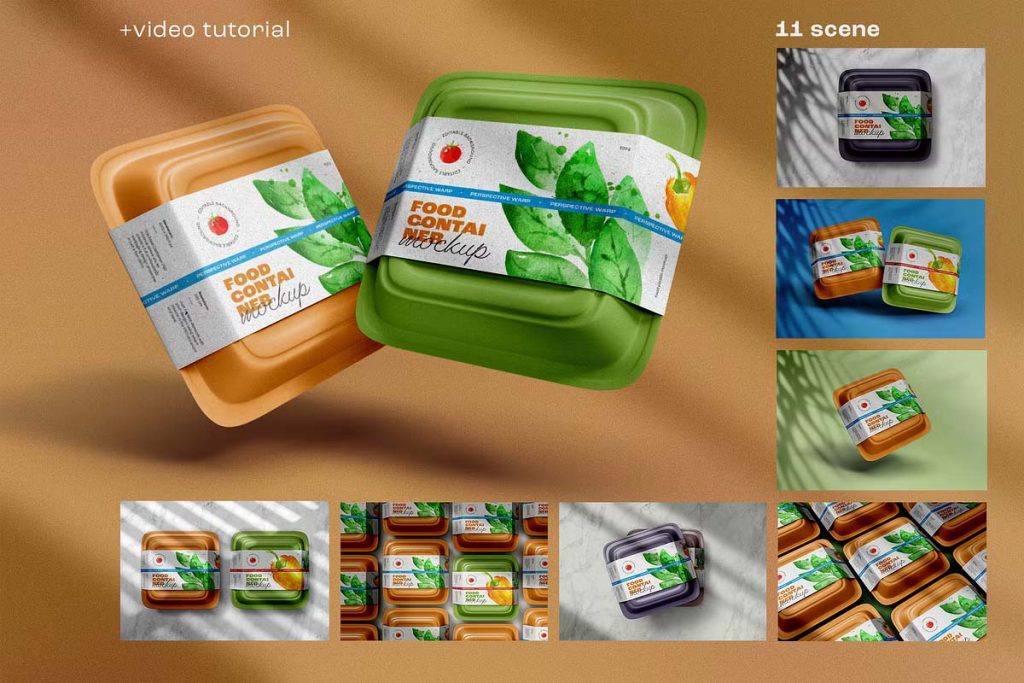
Podium Food Box Mockup
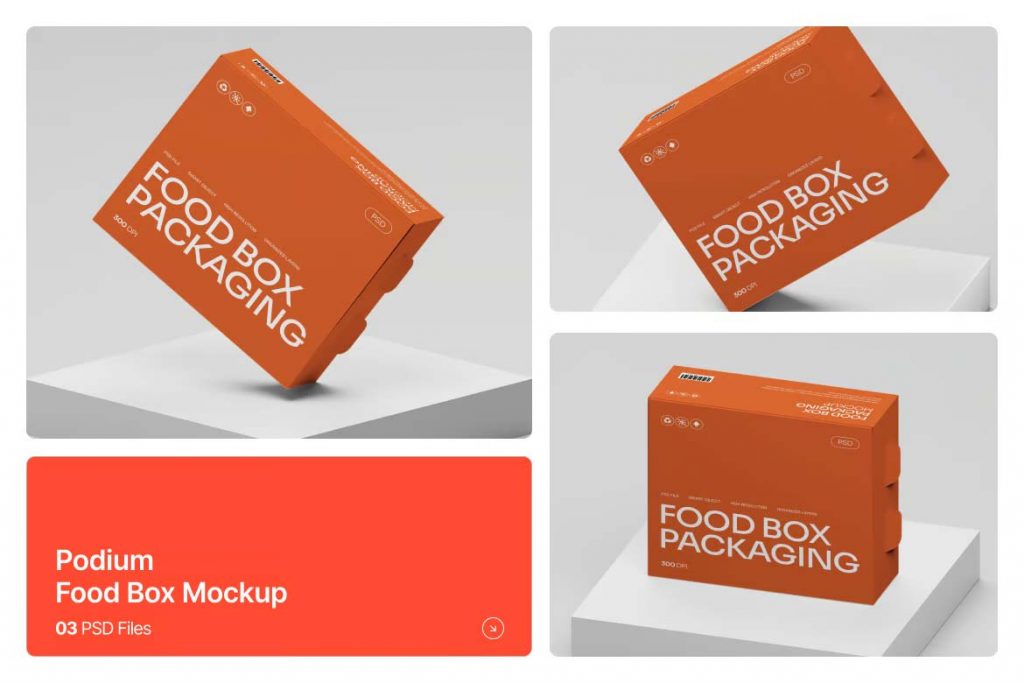
Takeaway Food Box Mockup
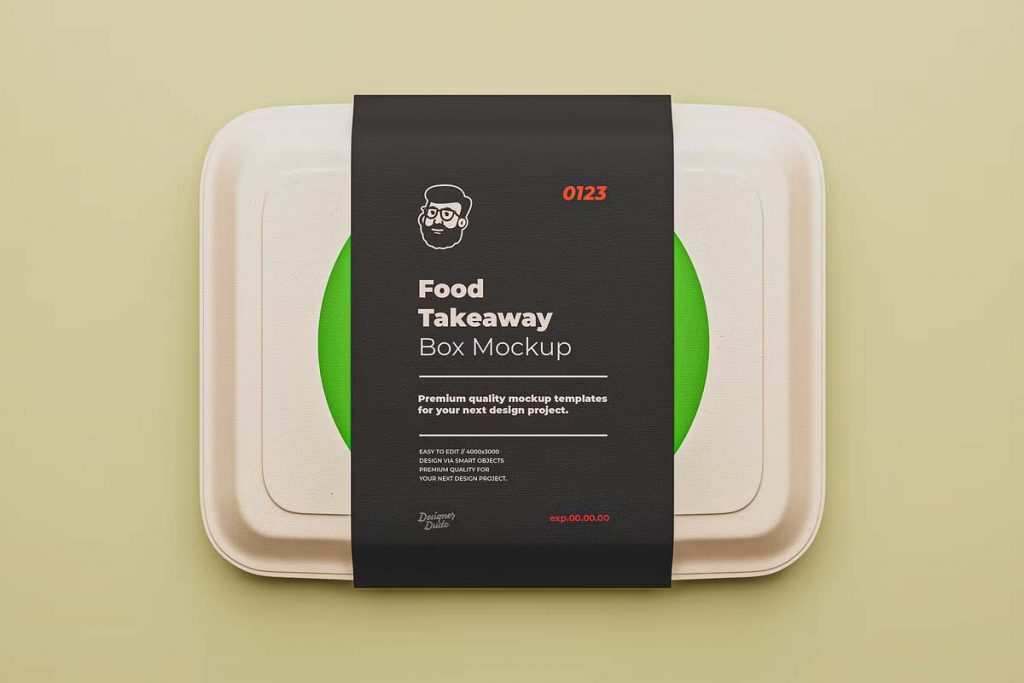
Food Box Mockup Design
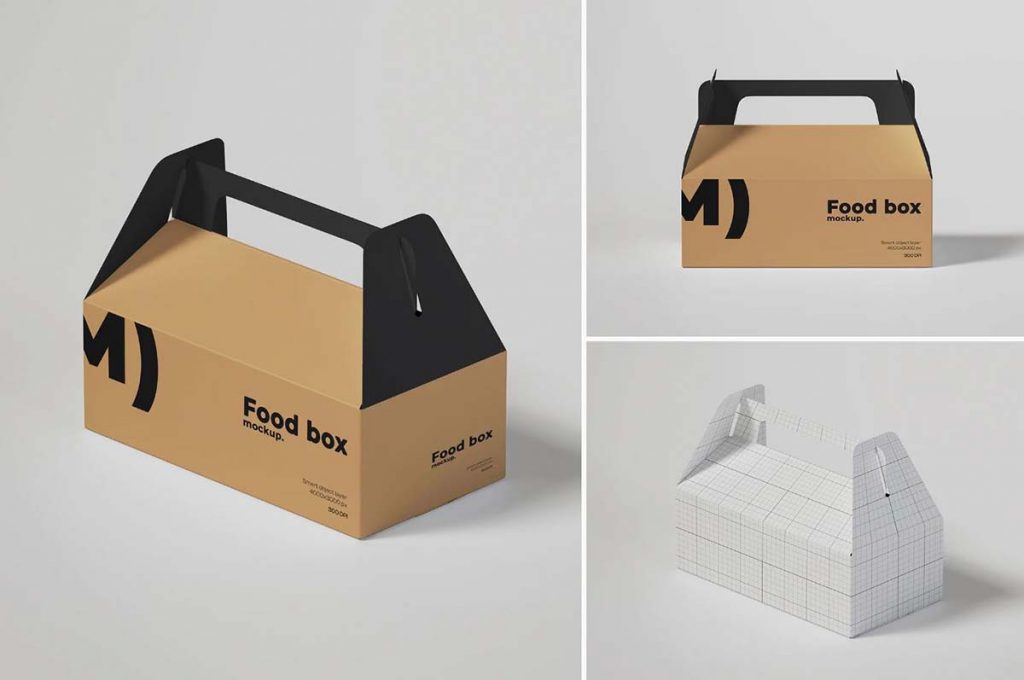
Round Food Delivery Container Mockup
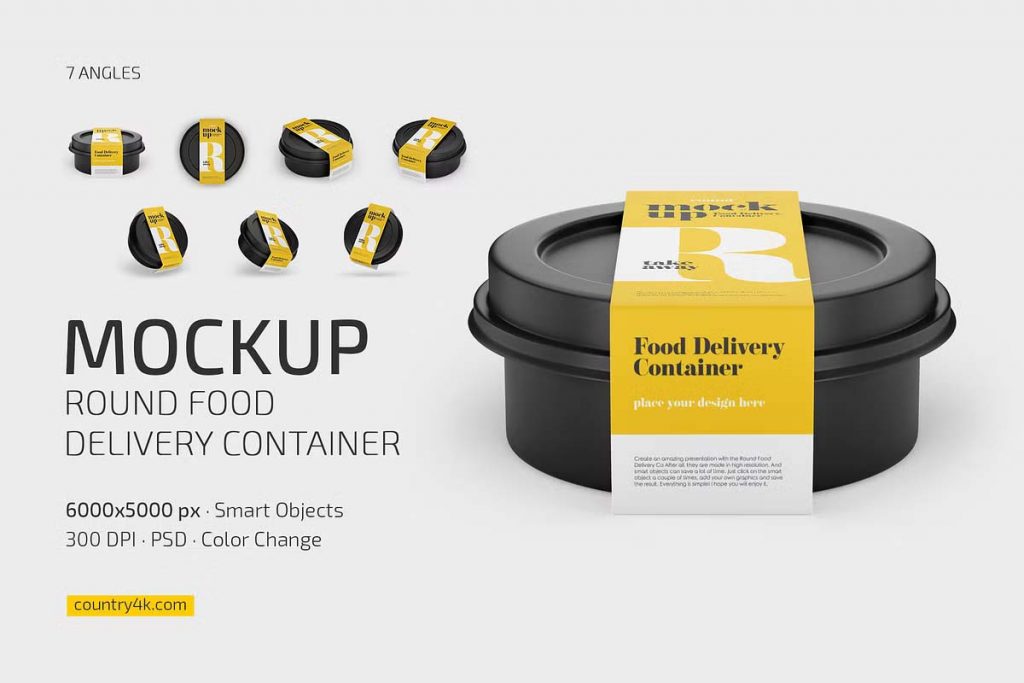
Lunch Box Packaging Mockup
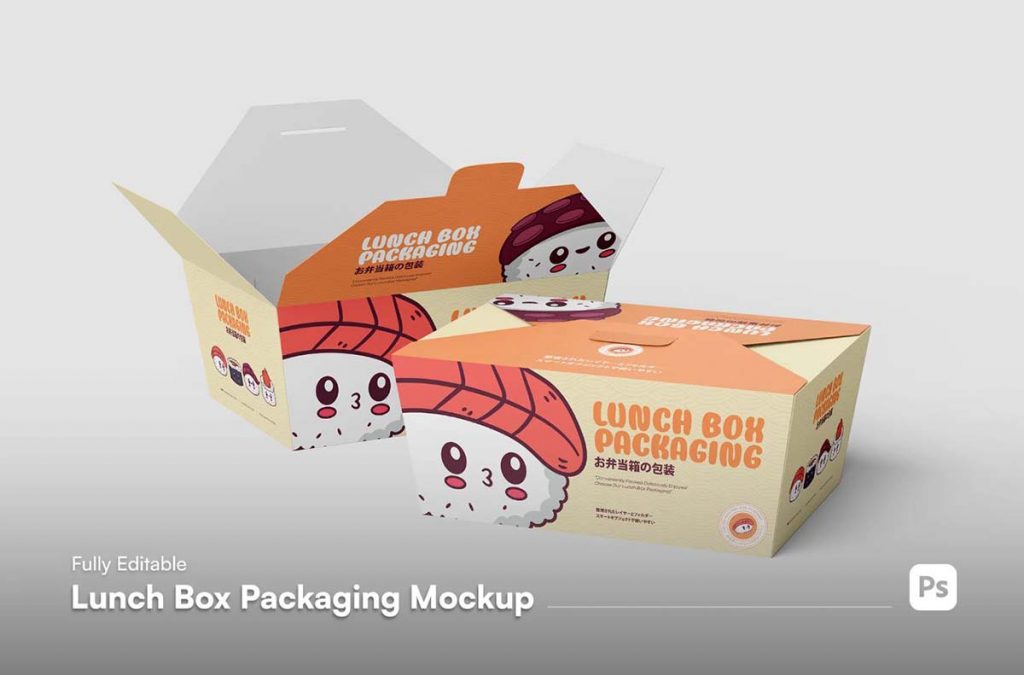
Plastic Container Mockup
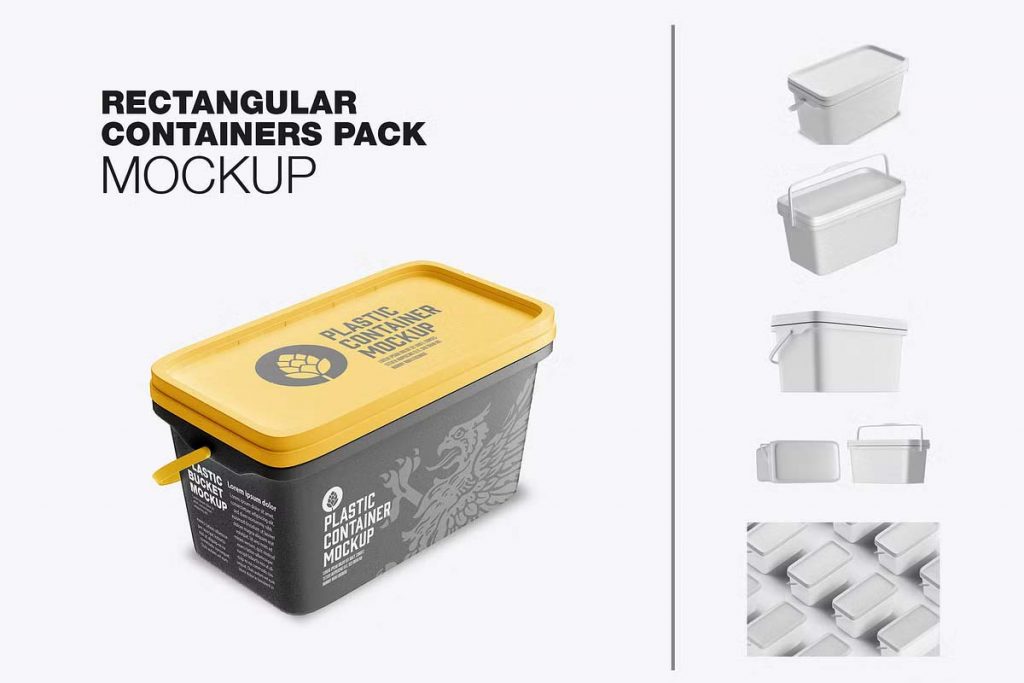
Why Use Food Container Mockups?
One of the key advantages of using food container mockups is the ability to save time and resources. Instead of creating multiple physical prototypes, designers can utilize mockups to preview several variations of the packaging. This reduces the number of revisions and errors that may occur during production.
Additionally, food container mockups offer businesses a powerful marketing tool. High-quality mockups can be shared on websites, social media, or in presentations, giving potential clients a realistic view of what the final product will look like. The realistic visuals help build trust with the consumer and give the brand a professional edge.
Key Features of Effective Food Container Mockups
For a mockup to be effective, it should have high-resolution details, enabling zoomed-in views of important features like texture, color, and typography. Customization is also vital—designers should be able to change every element of the mockup to suit their brand’s unique style.
A good mockup will also include multiple viewing angles, giving a 360-degree view of the container. This allows for a more immersive experience, showcasing how the product will look on shelves or in real-life settings.
A Must-Have Tool for Brands and Designers
Food container mockups are not just design tools; they are essential assets in product development, marketing, and branding. From improving design accuracy to enhancing consumer engagement, the benefits of using mockups are extensive, making them a valuable investment for anyone in the food industry.